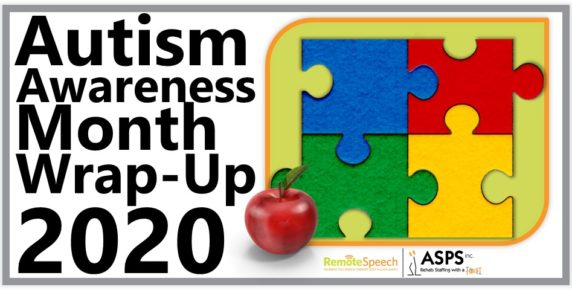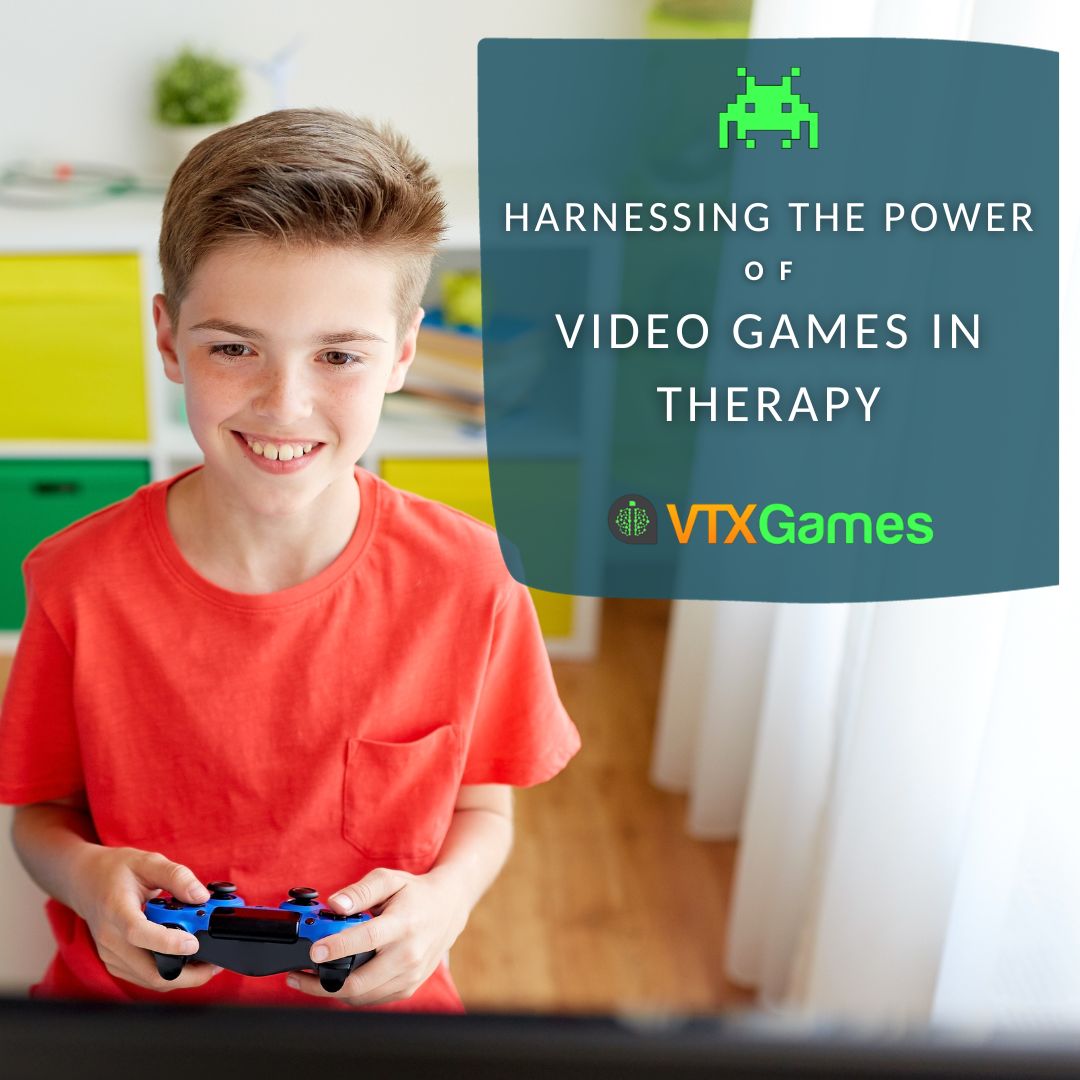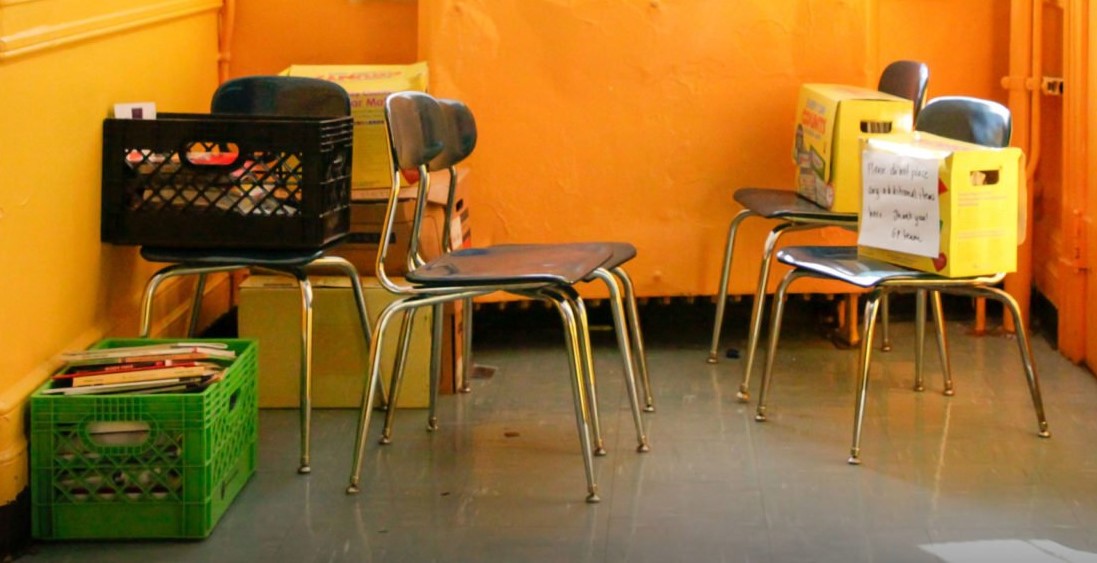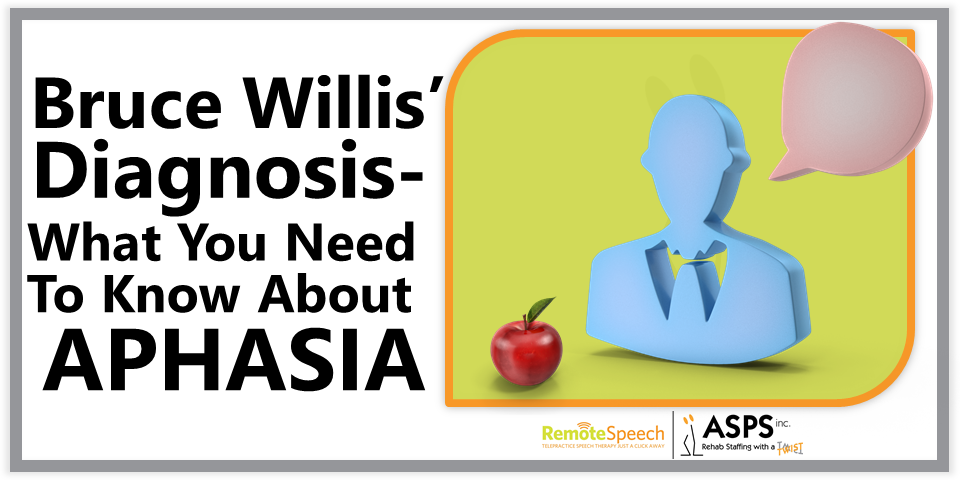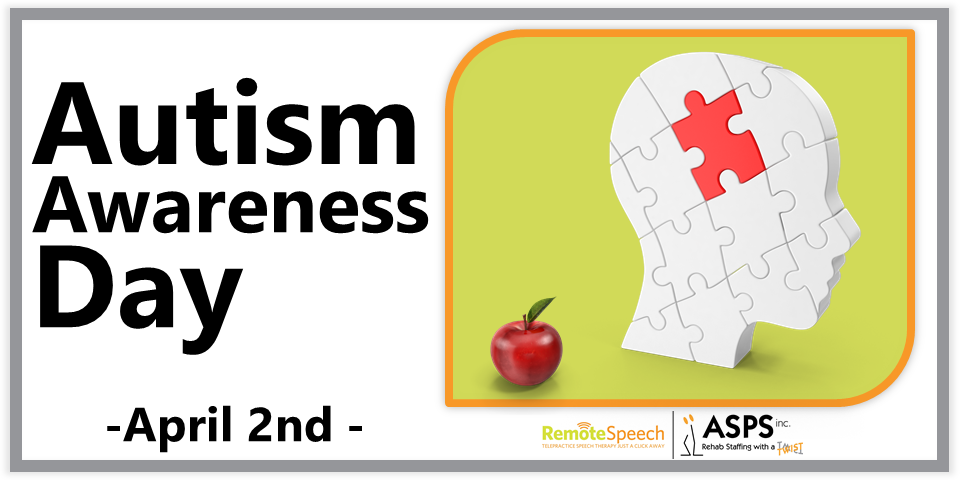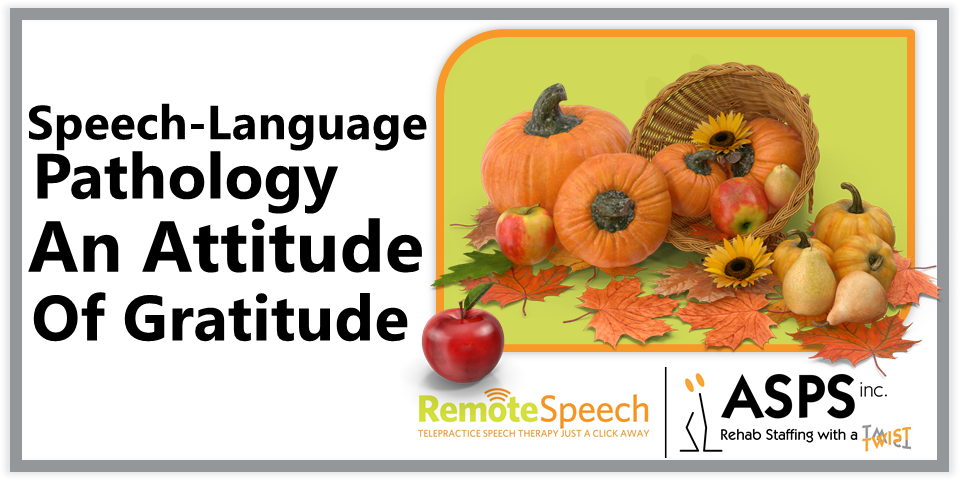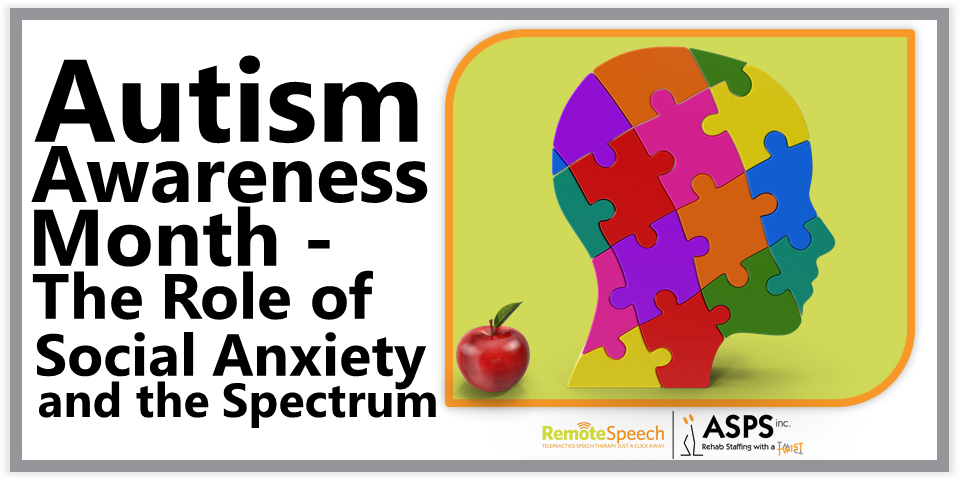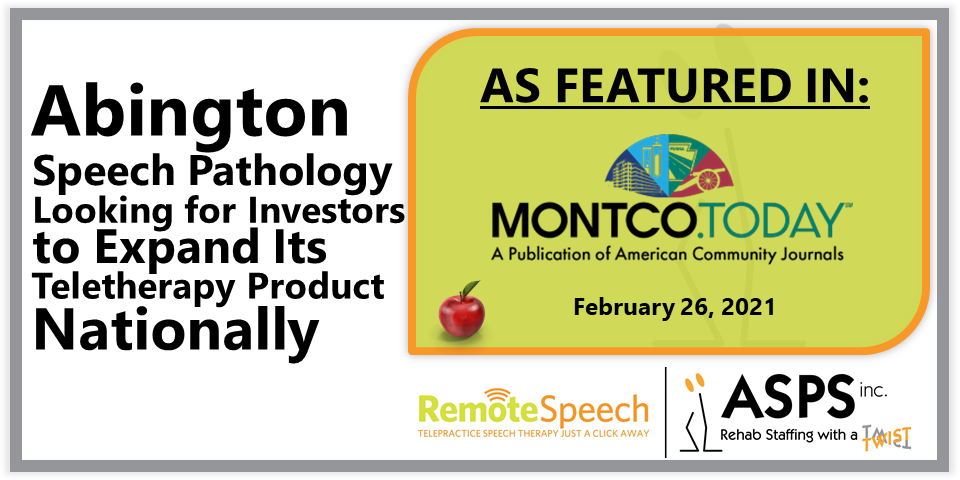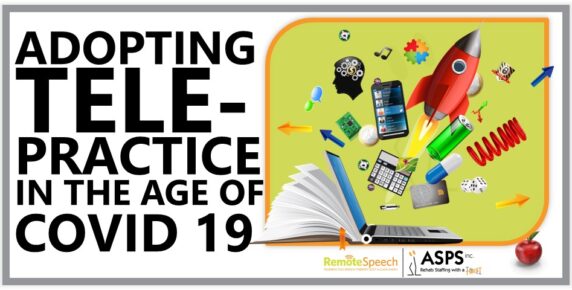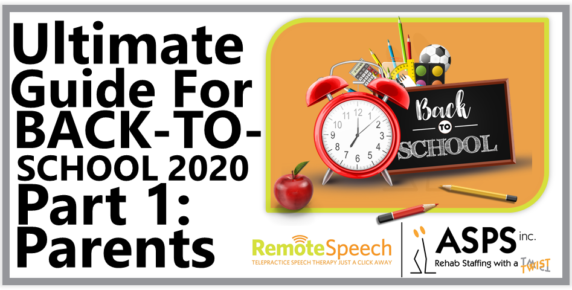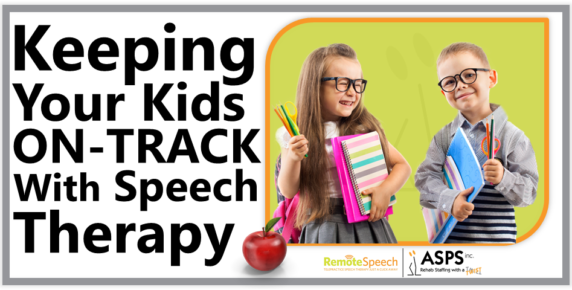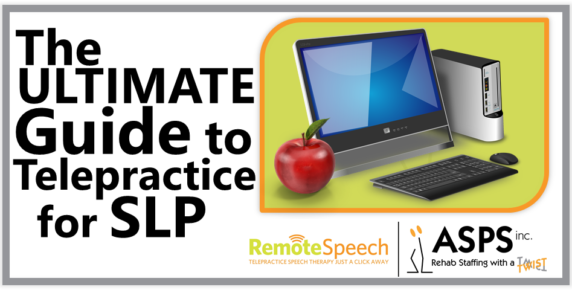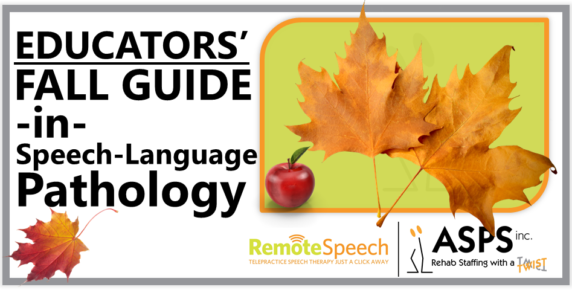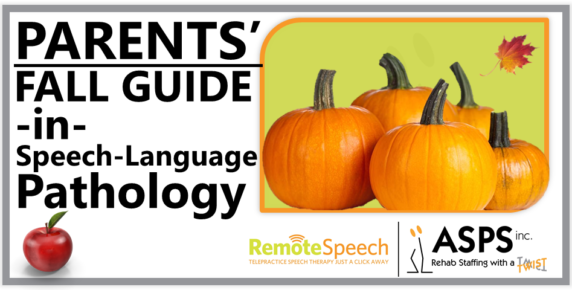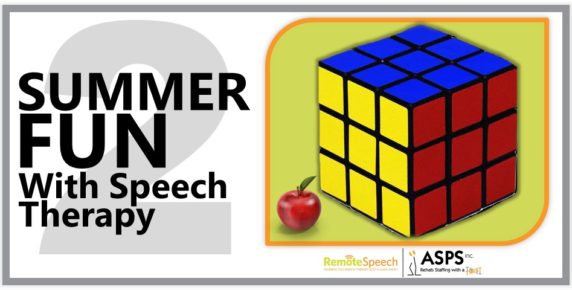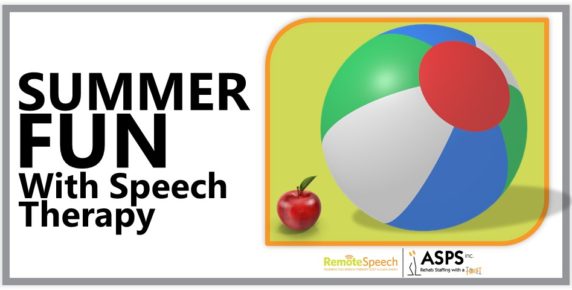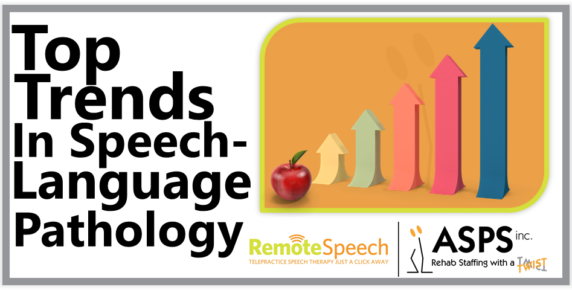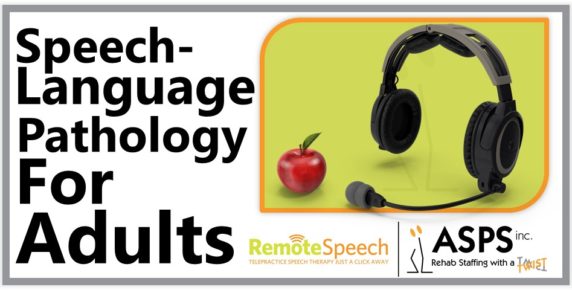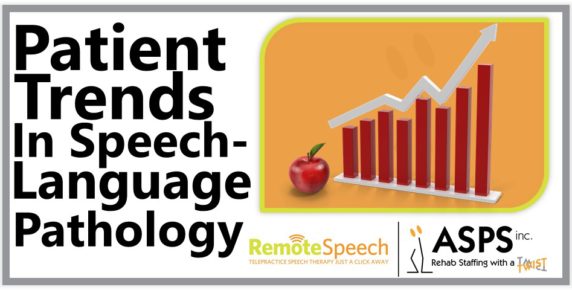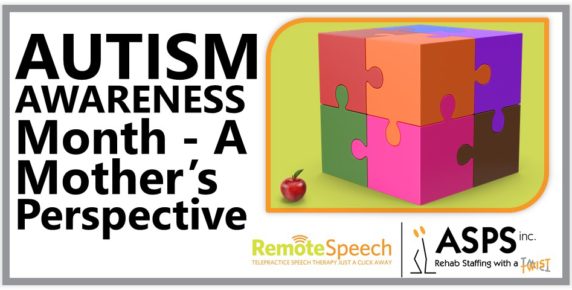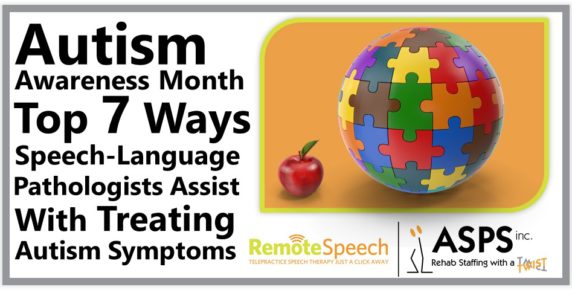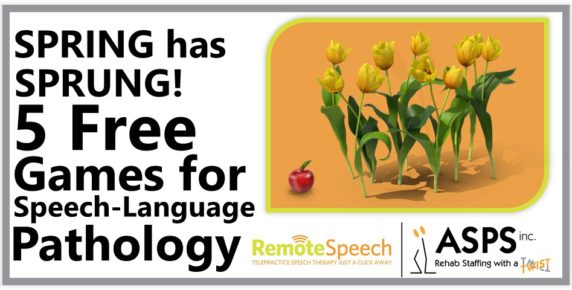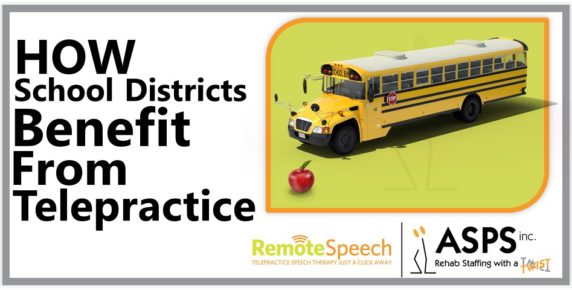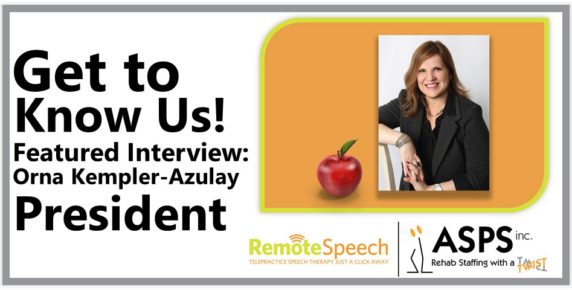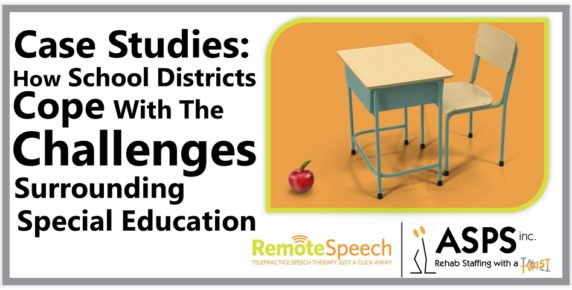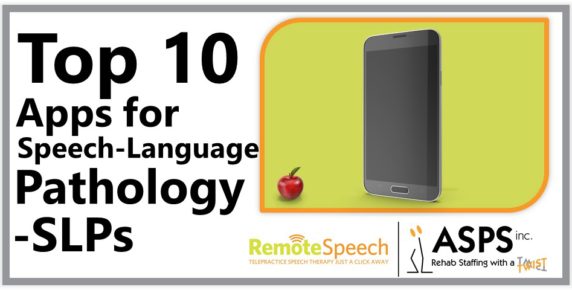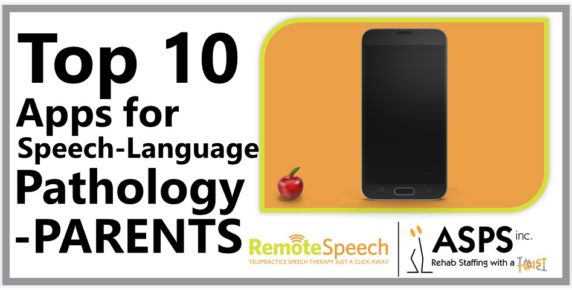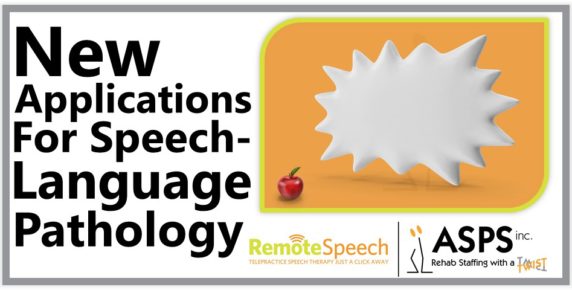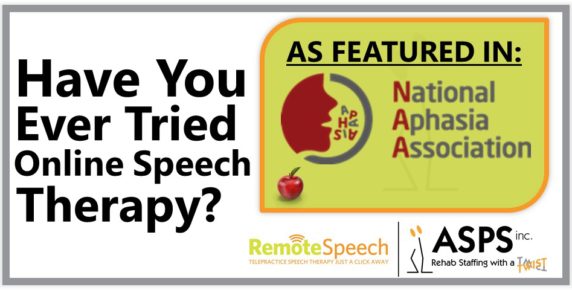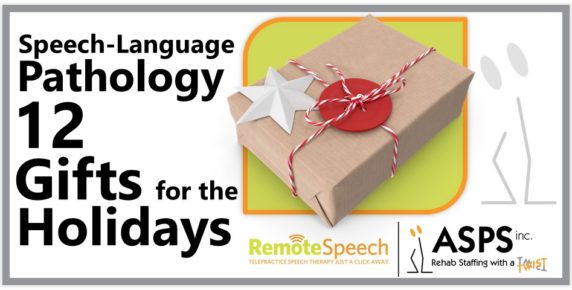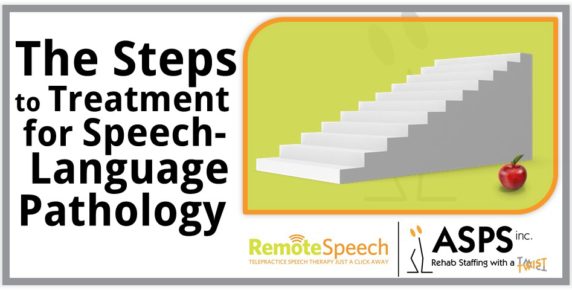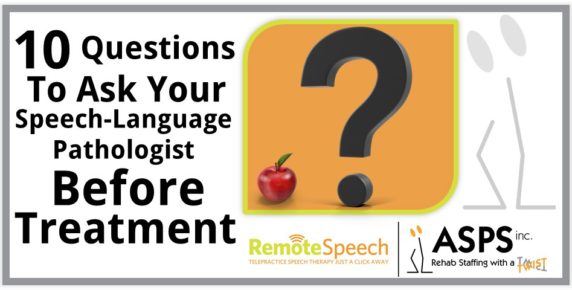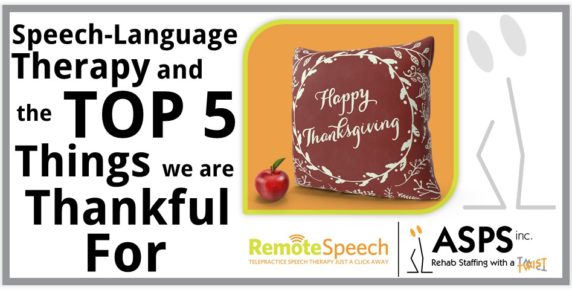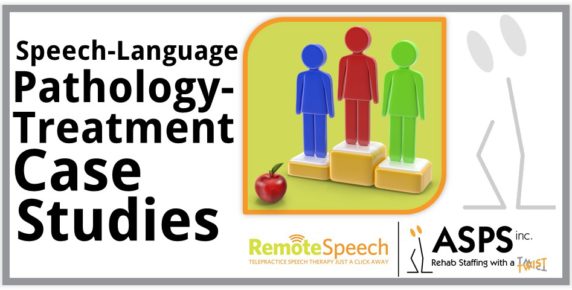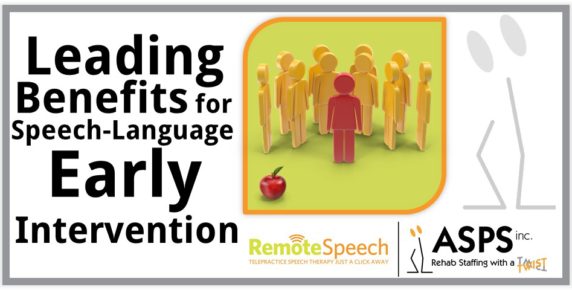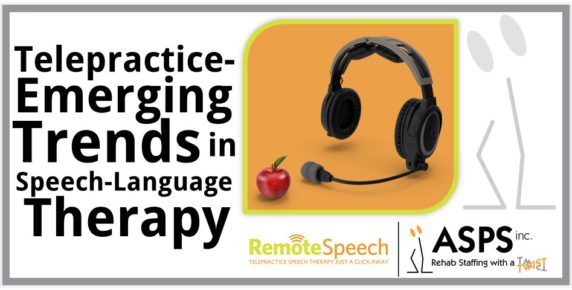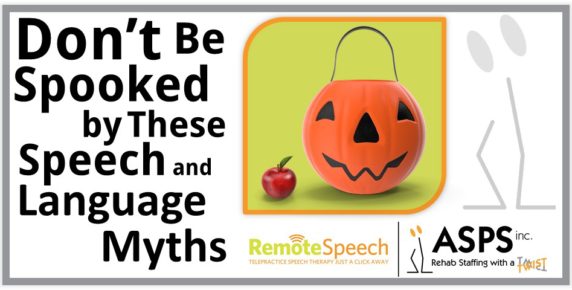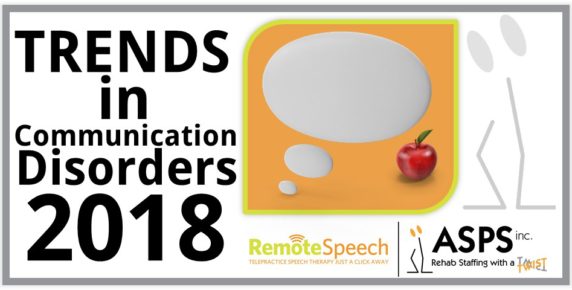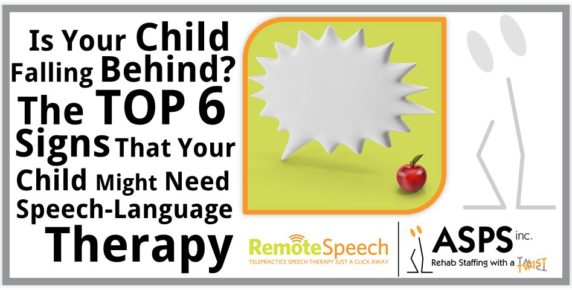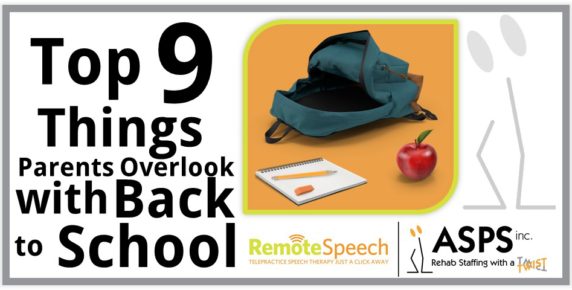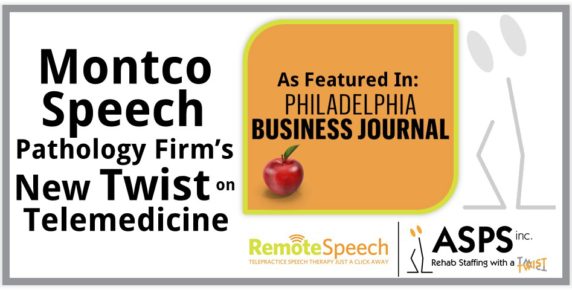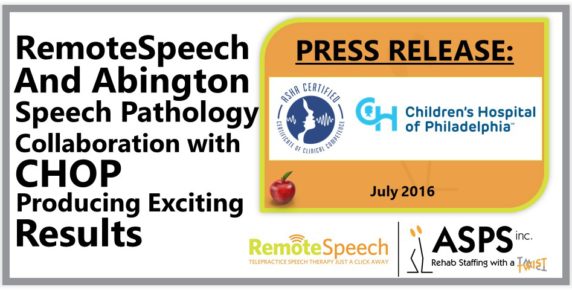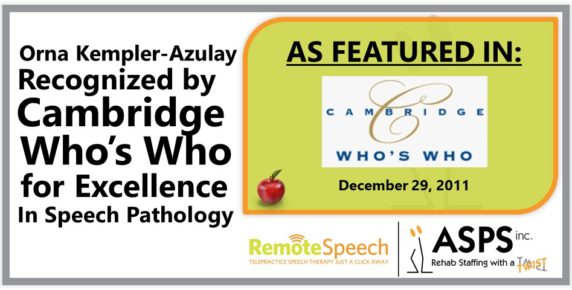April is National Autism Awareness Month.
While most April months are spent sharing treatment resources and educational studies surrounding Autism, we recognize that Covid 19 has made this year’s Autism Awareness Month extremely unusual. With this realization, we decided to provide a “wrap-up” for this year’s Autism Awareness Month with something unique. To conclude April on a positive note, we have searched far and wide for the most intriguing studies, mind-bending advancements and technological breakthroughs, and the most inspiring, feel-good stories that we could find in order to create the ultimate top 10 list for everything surrounding Autism.
It is our hope that these trends, stories, and insights might bring a positive bend to Autism Awareness, and some much-needed levity in these times of uncertainty. Without further ado, here are our top 10 stories for Autism Awareness in 2020.
According to the World Health Organization (WHO):
Autism spectrum disorder (ASD) refers to a range of conditions characterised by some degree of impaired social behaviour, communication and language, and a narrow range of interests and activities that are both unique to the individual and carried out repetitively.
Key facts
- One in 160 children has an autism spectrum disorder (ASD)(1).
- ASDs begin in childhood and tend to persist into adolescence and adulthood.
- While some people with ASD can live independently, others have severe disabilities and require life-long care and support.
- Evidence-based psychosocial interventions, such as behavioural treatment and parent skills training programmes, can reduce difficulties in communication and social behaviour, with a positive impact on well-being and quality of life for persons with ASD and their caregivers.
- Interventions for people with ASD need to be accompanied by broader actions for making physical, social and attitudinal environments more accessible, inclusive and supportive.
- Worldwide, people with ASD are often subject to stigma, discrimination and human rights violations. Globally, access to services and support for people with ASD is inadequate.
1. STUDY FINDS NEW WAY TO DETECT AUTISM YEARS BEFORE SYMPTOMS APPEAR
Researchers have found a new method that could help detect autism spectrum disorder months or even years before symptoms appear. Early diagnosis of the condition could help children get interventions sooner and avoid problems like social and communication challenges. The current approach to identifying autism is primarily based on behavior. Existing blood or genetic tests in some cases do not accurately identify the condition before children develop symptoms, Futurity reported. The new study, published in the Proceedings of the National Academy of Sciences, shows that a common biomarker could indicate autism early in childhood. Children diagnosed with the condition appear with very low levels of a neuropeptide, called arginine vasopressin, in their cerebrospinal fluid.
“This neuropeptide biomarker predates clinical symptoms,” said John Constantino, principal investigator, and professor at the University of Washington at St. Louis, said. “And if confirmed, it could allow us to start interventions much earlier in children who will develop problems, further opening the possibility of pharmaceutical strategies to increase neuropeptide levels and, potentially, to prevent some problems associated with autism.” The researchers collected cerebrospinal fluid samples from 913 newborns at St. Louis Children’s Hospital in the past two decades. During the study, babies with low levels of the neuropeptide after birth were diagnosed with autism later in childhood.
READ MORE
2. PETS MAY RELIEVE STRESS FOR PARENTS OF KIDS WITH AUTISM: STUDY
Researchers have found that a family pet can lead to strong bonds and reduced stress for both children with autism and their parents.
According to the study, parents of children with autism report higher levels of stress on average than parents of typically developing kids.
“Some kids with autism have specific sensitivities, so a big, loud dog that is highly active might cause sensory overload for a particular child, while a quiet cat may be a better fit,” said study researcher Gretchen Carlisle from the University of Missouri in the US.
“My goal is to provide parents with evidence-based information so they can make informed choices for their families,” Carlisle added.
For the results, the research team surveyed more than 700 families from the ”Interactive Autism Network” on the benefits and burdens of having a dog or cat in the family.
They found that despite the responsibility of pet care, both children with autism and their parents reported strong bonds with their pets. Pet ownership was not related to parent stress, and parents with multiple pets reported more benefits.
“Given that the characteristics of autism spectrum disorder are so broad, it can be difficult to identify interventions that are widely beneficial,” Carlisle said.
READ MORE
3. FIVE STRATEGIES FOR IMPROVING SOCIAL SKILLS FOR PEOPLE WITH AUTISM
For people on the autism spectrum, having a social life can be challenging. According to VeryWell Health, some people lack the necessary social skills, like making eye contact or responding to questions. Others may have excellent communication skills but struggle to understand other people’s thoughts or feelings, or they may not be interested in interacting with others. Without proper training, people on the autistic spectrum may say or do things to offend other people, even though it’s unintentional. In the end, it may become difficult to establish healthy relationships.
Still, people with autism can have a social life. Here are some ways to help them improve their social skills.
READ MORE
4. UPGRADED GOOGLE GLASS HELPS AUTISTIC KIDS “SEE” EMOTIONS
The team at Google has been working for six years on assistive technology for children with autism, which the kids themselves named Superpower Glass. The system provides behavioral therapy to the children in their homes, where social skills are first learned. It uses the glasses’ outward-facing camera to record the children’s interactions with family members; then the software detects the faces in those videos and interprets their expressions of emotion. Through an app, caregivers can review auto-curated videos of social interactions.
READ MORE
5. 5 TIPS TO HELP PARENTS NAVIGATE THE UNIQUE NEEDS OF CHILDREN WITH AUTISM LEARNING FROM HOME
Children on the autism spectrum will face unique challenges as they learn from home during the COVID-19 shutdown. These children process information and learn in different ways to their peers.
They may find it more difficult to independently complete tasks and struggle with managing their time. They are also more likely to have difficulty in writing tasks or ones involving high amounts of language and communication with others.
Children on the autism spectrum often associate specific tasks with locations. This might mean they resist doing schoolwork at home. Anxiety levels, which are often high in this group of students, may increase further due to changes in routine or uncertainty about what they should be learning.
General tips for schooling at home such as setting up a learning space, creating structure and routine, and becoming familiar with resources in the Australian Curriculum are good ideas. But parents of children on the autism spectrum may need additional strategies.
READ MORE
6. AUTISM ADVOCATES HELP CREATE VIRTUAL TRAINING FOR POLICE
For both police officers and people with autism spectrum disorder, the unknown can cause anxiety.
Something out of order, out of routine or unpredictable can make a normal situation feel threatening.
“All around the country and even right in our own backyard in Arizona there have been challenges when law enforcement, police officers interacted with people with autism,” President of the Phoenix-based Southwest Autism Research and Resource Center Danny Openden told KTAR News 92.3 FM.
“Primarily, because police officers have not been given any adequate training on how to pick up signs and symptoms of autism.”
That’s why SARRC teamed up with VirTra, a Tempe-based video simulation company that makes law enforcement training videos.
“We got together to create these video training simulators so that police officers are not just getting educated on what autism is but more importantly are practicing the skills to interact with somebody with autism and get adequate feedback for doing that in as safe a way as possible,” Openden added.
READ MORE
7. 4-YEAR-OLD WITH AUTISM HAS ‘STAR WARS’ KNOWLEDGE THAT WILL WOW EVEN THE BIGGEST FAN
For Jack Knezevich, “Star Wars” is more than entertainment: it’s given him a way to connect with family and friends.
The 4-year-old was diagnosed with autism one year ago and attends the Children’s Healthcare of Atlanta’s Marcus Autism Center preschool program. Amid his diagnosis, his parents also discovered something else special about Jack — his love for “Star Wars.”
WATCH JACK’S STORY HERE
8. IT COMPANY SEES BENEFITS OF HAVING A MAJORITY-AUTISTIC WORKFORCE
Will Collett has worked as a vacuum cleaner salesman, a carpet cleaner for the National Park Service, and at an amusement park. Opportunities for the 32-year-old, who is on the autism spectrum, have always been tough to find.
Then he found the training program at auticon, an IT consulting firm that seeks out a neurodiverse workforce, or employees with a range of neurological differences, including dyslexia, social anxiety, and those on the autism spectrum.
Of auticon’s 300 employees, more than 200 are on the autism spectrum — a rare ratio for a company in the United States. Experts say the unemployment and underemployment rate for autistic people in the United States falls anywhere between 50% and 90%.
Now Collett is a QA analyst at auticon, working on finding bugs in software and on websites for clients around the world. Like many Americans, he’s now working from home, which Collett says plays to his strengths as someone on the autism spectrum.
“A lot of us are a lot more introverted,” said Collett. “There’s always a certain point when I’m like, OK, I’m done hanging out with people. I’m going to go sit over here on my phone. I’m still having a great time, but I’m just kind of like done associating with people. And what I feel is really helpful for work from home, is that we can do just that,” Collett continued. “We can do our work. We can focus on our work. And then when we need to talk to somebody — OK, let’s open up a Zoom call. Let’s open up a mic chat.”
Auticon’s employees are thriving in a remote work environment, said David Aspinall, U.S. CEO of the company.
READ MORE
9. HOW PEOPLE WITH AUTISM FORGE FRIENDSHIPS
It is lunchtime on a Sunday in January. At a long table inside a delicatessen in midtown Manhattan, a group of young people sit together over sandwiches and salads. Most of them have their phones out. One boy wears headphones around his neck. But there is less conversation than you might expect from a typical group of friends: One of the boys seems to talk only to himself, and a girl looks anxious and occasionally flaps her hands.
The young people in this group are all on the spectrum. They met through a program organized by the nonprofit Actionplay, in which young people with autism or other disabilities work together to write and stage a musical. Each Sunday, the members refine characters and the script, block scenes and compose songs—and then some of them head across the street to have lunch together. “You meet other people just like you,” says Lexi Spindel, 15.
READ MORE
10. APRIL IS OVER. AUTISM ACCEPTANCE ISN’T.
A year ago, a doctor told me she thought I was autistic. I laughed in her face. I had friends. I understood sarcasm. I didn’t like trains. How on Earth could I be autistic?
“Take the screening anyway,” she told me. “What’s the worst that can happen?”
I don’t think I’ll ever find out the answer to this question, because the best possible thing happened instead: I was diagnosed with autism, and it changed my life. Although I initially rejected the label, the more I learned, the more I realized how unconsciously I had absorbed the ubiquitous, harmful stereotypes: that autistics are all math geniuses, that we never like to socialize, that we can’t express our feelings, that we don’t have friends and that we’re basically carbon copies of Sheldon Cooper. And while some of these descriptors contain small grains of truth, collectively, they come nowhere close to painting a full picture of autism. Using only these stereotypes to understand autism is like drawing a rainbow with three crayons out of a box of 300, and then declaring that, unless they use those exact same three colors in the same configuration, the rainbows everyone else draws are not actually rainbows and should not be treated as such.
READ MORE
______________________________________________________________________________
If you believe that you or your child would benefit from a formal screening from a licensed, Speech-Language Pathologist, click here to schedule a complimentary assessment by one of our licensed partners.

